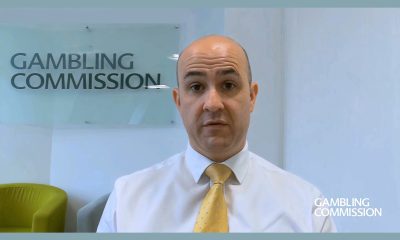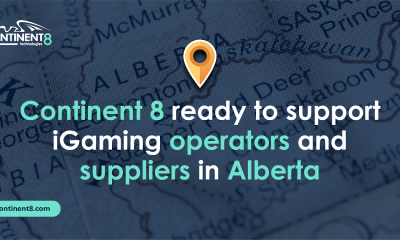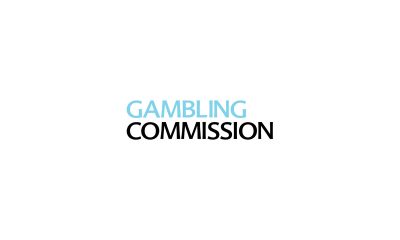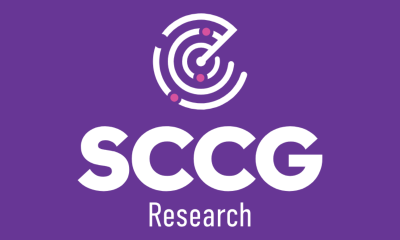Compliance Updates
MGA Publishes Voluntary ESG Code of Good Practice
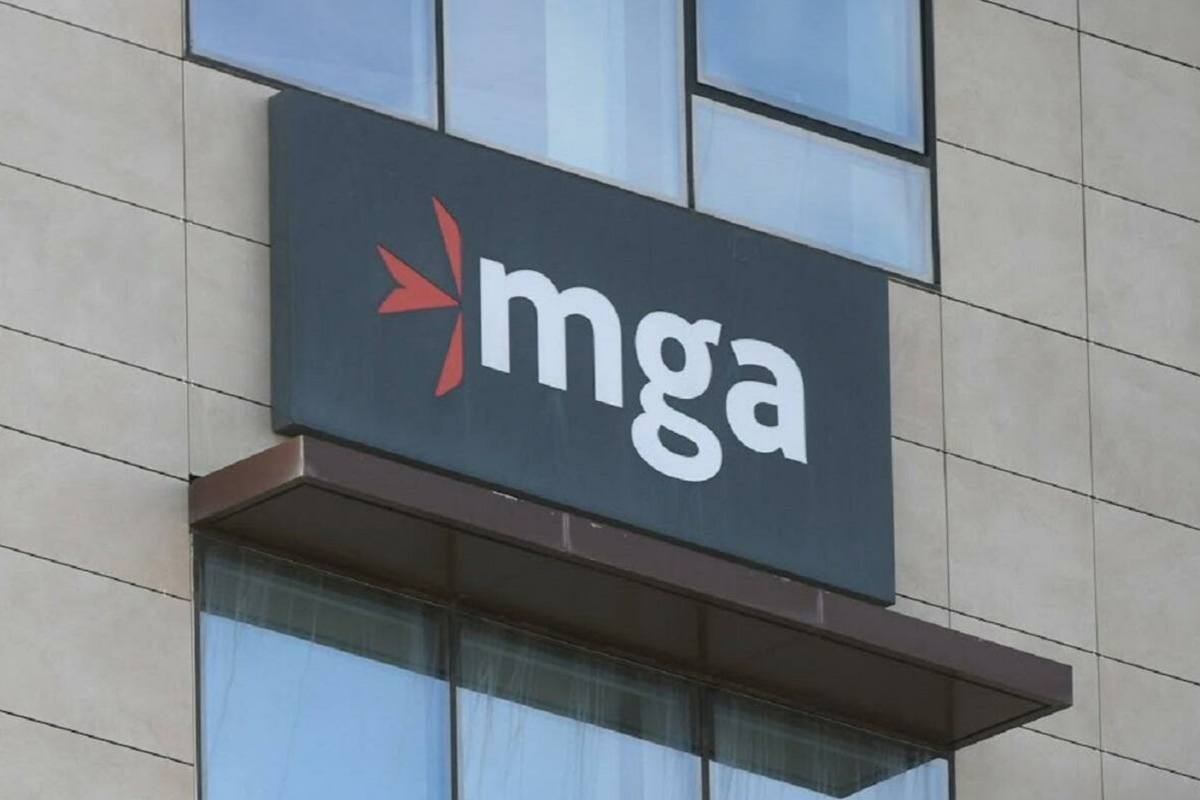
The Malta Gaming Authority (MGA) has introduced the Environmental, Social and Governance (ESG) Code of Good Practice for the remote gaming sector.
This ESG Code seeks to serve as an instrument for self-regulation, helping remote gaming companies align with best practices and maintain a position that allows them to effectively meet the evolving expectations of key stakeholders in the sector.
While this ESG Code is voluntary, all MGA licensees are strongly encouraged to adopt it to better demonstrate their commitment to sustainability and to continue improving the ESG standing of the industry.
Addressing a press conference, MGA CEO Carl Brincat said that across industries, a trend has emerged towards greater transparency, disclosure, accountability and active engagement in addressing the pressing social and environmental issues of our time.
“The MGA has always strived to be at the forefront of regulatory innovation and progress. We have been working not only to supervise the gaming industry, but also to nurture it, to foster a space where operators can thrive, while ensuring that the welfare of society remains paramount. Our ESG Code represents our commitment to this,” Dr Brincat said.
Minister for the Economy, EU Funds and Lands Silvio Schembri said that the aim of the press conference was to highlight the importance for the remote gaming sector to voluntarily use the ESG tool that is increasingly shaping the business and investment landscape, as well as our approach to social and environmental challenges.
“All businesses should embrace tools to reduce risk and transform successfully, and when it comes to remote gaming, one of the tools is using ESG metrics.
“The ESG code will serve as an instrument for self-regulation, helping remote gaming companies align with best practices and maintain a position that allows them to effectively meet the evolving expectations of key stakeholders in the sector,” Minister Schembri said.
The ESG Code is the culmination of a journey that involved four extensive stages: the peer review and research phase, materiality assessment, stakeholder interviews and licensees’ consultations. This extensive process has resulted in a final Code that is well-informed and reflective of the industry’s ESG priorities and stakeholder expectations.
Key Features of the ESG Code – a Balanced Approach
The Code identifies 19 ESG topics, derived from the materially assessment, organised into three categories: Environmental, Social and Governance, providing a strategic framework for remote gaming companies to focus their reporting efforts effectively.
Two Tiers of Reporting: The MGA will recognise companies’ efforts with two levels of reporting, Tier 1, a basic ESG standard, and Tier 2, a more aspirational level, to ensure sustainability efforts are focused and impactful.
Flexible approach for certain disclosures: Core disclosures have been defined, while reporting entities will have the flexibility to choose optional disclosures;
Streamlined Reporting: The Code includes several ESG disclosures already required under existing reporting frameworks to streamline reporting and reduce administrative burden; and
Focus on ESG reporting: The emphasis is on ESG reporting, rather than setting specific ESG targets.
An MGA ESG Code Approval Seal
Industry consultation revealed a strong desire for formal recognition by the MGA. To meet this demand, the MGA ESG Code Approval Seal will be awarded to entities that report under this Code, showcasing their commitment to ESG. Different seals will be awarded to entities that meet Tier 1 or Tier 2 reporting requirements.
How the ESG Code will Work in Practice
The Code will be a standalone voluntary submission, separate from other ESG disclosures made by the reporting entity to the MGA or other bodies. Reporting will be confidential, and the MGA will launch an online tool to facilitate the process. Additionally, the ESG Code will align reporting periods with the financial year of reporting entities. The inaugural reporting year will commence in 2023, with the submission deadline set for the third quarter of 2024.
Andrew Rhodes
Andrew Rhodes to Step Down as CEO of UK Gambling Commission
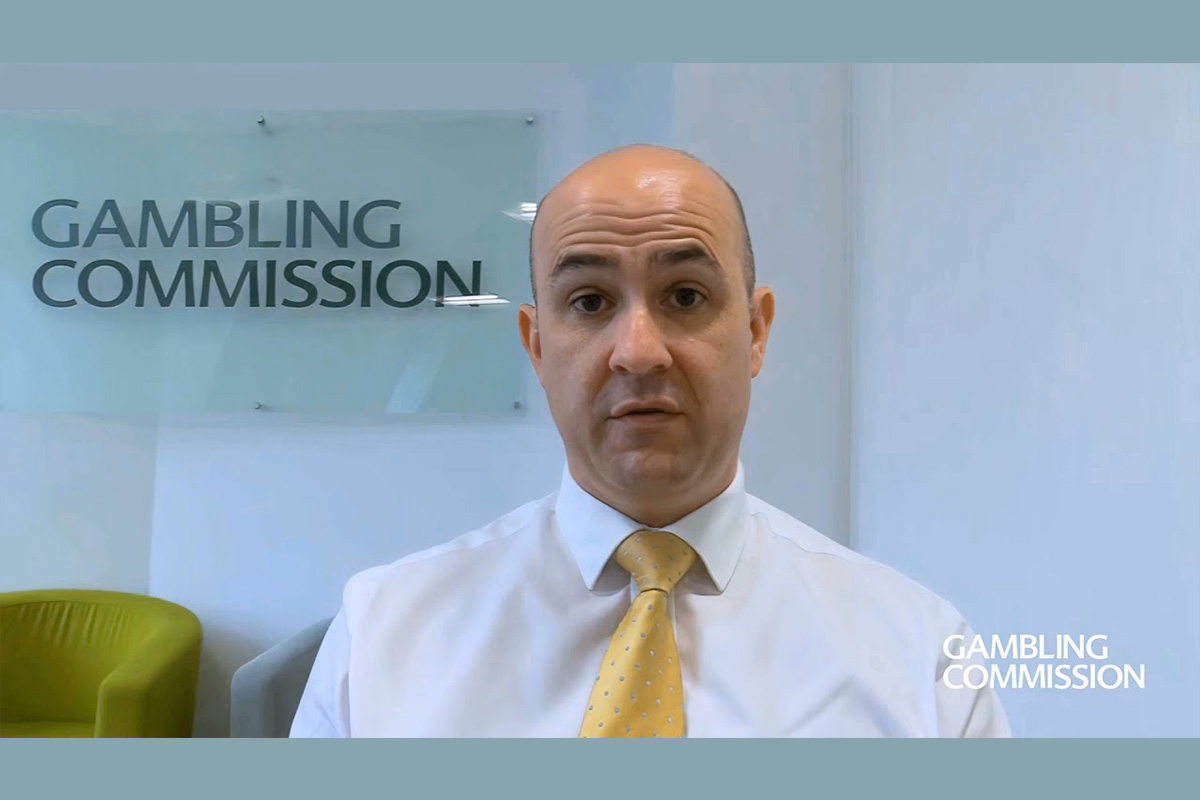
The UK Gambling Commission has announced that Andrew Rhodes has decided to leave the Commission on 30 April 2026, to take up a new role, which will be announced in due course.
Andrew has provided outstanding leadership of the Commission for almost five years and has overseen a transformation of the Commission and how it regulates the gambling Industry.
Andrew has led the work required from the Commission to implement the Gambling Act Review, with a strong focus on consumer safeguards. This has included the introduction of financial vulnerability checks, reducing the intensity of online games, and banning potentially harmful marketing offers. He has also overseen the introduction of the Gambling Survey for Great Britain, now one of the largest surveys of gambling behaviour in the world.
Amongst his other achievements, Andrew oversaw the successful implementation of the Fourth National Lottery licence and transformed the Commission’s approach to regulation through more robust and outcome-focused strategies.
He said: “It has been a privilege to lead the Gambling Commission through such an important period of change. I am proud of the progress we have made to strengthen regulation, improve consumer protections, and ensure gambling is safer and fairer. I leave with confidence in the organisation, its people, and the work still to come.”
Charles Counsell, Interim Chair of the Gambling Commission, said: “Andrew has provided outstanding leadership for nearly five years and leaves a strong legacy. He has led the Commission through major reform, strengthened our regulatory approach, and ensured consumer protection has remained at the heart of our work. On behalf of the Board, I would like to thank Andrew for his dedication and wish him every success in the future.”
The Commission will shortly begin the process of recruiting a Chief Executive for an interim period. Deputy Chief Executive Sarah Gardner will step up as Acting Chief Executive to cover the areas of work that Andrew will step back from during this transitional period.
The post Andrew Rhodes to Step Down as CEO of UK Gambling Commission appeared first on Eastern European Gaming | Global iGaming & Tech Intelligence Hub.
Colombia
Playson expands LatAm presence with Colombian market entry

Supplier goes live in Colombia with Tier-1 operator strengthening LatAm expansion strategy
Playson, the accomplished digital entertainment supplier, has officially entered the regulated Colombian iGaming market after securing full certification from Coljuegos, the country’s gambling regulator, and launching with leading operator Rush Street Interactive (RSI).
The milestone marks a significant step in Playson’s Latin American growth strategy, with Colombia becoming the latest regulated jurisdiction to welcome the supplier’s certified platform and portfolio. Going live with Rush Street Interactive – a Tier-1 operator with a strong footprint across the Americas – underlines Playson’s focus on expanding alongside established, trusted partners in key regulated markets.
Colombia is recognised as one of the most mature and demanding regulatory environments in LatAm, requiring suppliers to meet strict technical, security and reporting standards. Playson’s successful certification process confirms the robustness of its cloud-based infrastructure, designed to ensure low latency, stability and seamless performance for players across the region.
With the game suite now live, Colombian players gain access to a selection of Playson’s top-performing titles, known for their engaging mechanics, polished visuals and proven performance in regulated markets worldwide.
The launch further reinforces Playson’s commitment to regulated market expansion across LatAm, with Colombia joining a growing list of jurisdictions where the supplier has successfully deployed its technology.
Cristhian Zito, Head of LATAM at Playson, said: “Entering the Colombian market is an important milestone for Playson, and doing so alongside Tier-1 operator of the region makes it even more meaningful. Colombia is a highly respected regulated market, and completing the certification process reflects months of focused work to meet its stringent requirements.
“Partnering with the RSI allows us to introduce our content with confidence and sets a strong foundation for long-term growth in the region.”
The post Playson expands LatAm presence with Colombian market entry appeared first on Americas iGaming & Sports Betting News.
AGLC
Continent 8 set to back Alberta’s iGaming operators and suppliers

Continent 8 Technologies, a premier provider of advanced managed IT solutions tailored for the worldwide iGaming and online sports betting sector, announces its official launch in Alberta, Canada. This growth comes after the province unveiled its competitive iGaming regulatory framework and the Alberta Gaming, Liquor and Cannabis Commission (AGLC) issued comprehensive hosting and security requirements, representing another important milestone in Continent 8’s enduring dedication to the North American market.
With established operations in Ontario – where the company effectively introduced its Public Cloud solution in Toronto in direct response to the province’s launch of its iGaming market in 2022 – Continent 8 brings to Alberta the same level of regulatory insight, technical expertise, and customer-focused innovation that has positioned it as a reliable partner throughout Canada.
Alberta’s iGaming regulations outline specific hosting and data management responsibilities for suppliers and operators. For instance, every data centre utilized by licensees must obtain AGLC approval, which includes data residency, cross-border transfers, and encryption key management.
The province requires fully operational disaster recovery infrastructure and unalterable, encrypted backups, along with stringent conditions for quarterly testing and offsite storage—fields where Continent 8’s expertise offers instant benefits.
Besides hosting requirements, Alberta implements some of the most thorough security standards in the nation, such as mandatory MFA, compliance with SOC 2 and ISO 27001, yearly penetration testing, and extensive log retention mandates.
“Our heritage means we understand the rigorous regulatory expectations, and the operational challenges operators and suppliers face when entering new markets,” said Michael Tobin, CEO and Founder of Continent 8 Technologies. “Alberta’s standards are comprehensive, particularly around disaster recovery, backups, and security. We have built our solutions so customers can meet these requirements confidently from day one. We are excited to support customers as Alberta opens its market and continues Canada’s growth story.”
The post Continent 8 set to back Alberta’s iGaming operators and suppliers appeared first on Eastern European Gaming | Global iGaming & Tech Intelligence Hub.
-

 Brasil on Track7 days ago
Brasil on Track7 days agoODDSGATE LAUNCHES “BRASIL ON TRACK”, A STRATEGIC PLATFORM FOR NAVIGATING BRAZIL’S REGULATED IGAMING MARKET
-

 0007 days ago
0007 days agoCash Pig 2 Debuts from Booming Games with 15,000 Top Prize
-

 40 Glossy Hot7 days ago
40 Glossy Hot7 days agoAmusnet Releases “40 Glossy Hot”
-

 Amusnet6 days ago
Amusnet6 days agoWeek 6/2026 slot games releases
-

 BETANO7 days ago
BETANO7 days agoPlaybook Fusion launches with Betano in Brazil
-

 Digitain7 days ago
Digitain7 days agoDigitain Earns Double Nomination at SiGMA Eurasia Awards 2026
-

 Finland7 days ago
Finland7 days agoData-Driven Analysis of Finnish Gamblers’ Preferences and Behavior
-

 AGLC7 days ago
AGLC7 days agoPointsBet Canada Officially Begins Registration Process in Alberta



